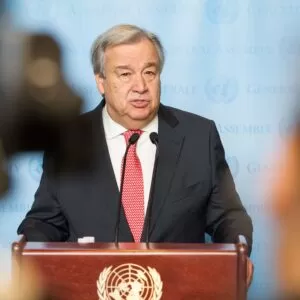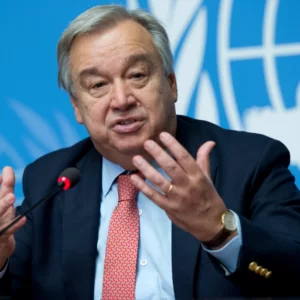Global progress towards clean energy is undeniable, but equity in the industry has become a significant challenge, warns the World Economic Forum (WEF) in its report “Fostering an Effective Energy Transition 2023“. According to the WEF, the window of opportunity for the energy transition is rapidly closing, with many countries focusing their efforts on energy security at the expense of equity.
The report, prepared in partnership with Accenture and based on the Energy Transition Index (ETI), highlights that few countries are progressing simultaneously in all aspects of the energy triad, comprising equity, energy security and environmental sustainability. The WEF warns about the challenges faced by countries on their energy transition paths.
Muqsit Ashraf, senior executive director and global strategy lead at Accenture, highlights the urgency highlighted by the report: “The window of opportunity to achieve net zero targets is closing, and countries must act quickly towards cleaner energy systems . Leveraging technology, both physical and digital, including data and AI, will be essential.”
While overall ETI scores have improved by 10% over the past decade, driven by a 19% increase in transition readiness scores, the report points to just a 6% increase in system performance scores. Nordic countries such as Sweden, Denmark, Norway and Finland maintain their prominent positions in the ETI, characterized by high levels of political commitment, stable regulatory frameworks and investments in renewable energy.
However, the report highlights that, globally, the speed of the transition is not sufficient to meet the goals of the Paris Agreement in an inclusive and safe way. Around 50% of countries saw declines in ETI scores over the last year, disproportionately impacting vulnerable consumers, small businesses and developing economies.
Representatives from the World Economic Forum also highlight the interconnection between energy prices, macroeconomic and social stability, emphasizing the need to balance improvements in energy security, sustainability and equity.
The report highlights that the recent global energy crisis, driven by geopolitical and macroeconomic volatilities, has shifted countries' focus to maintaining a secure energy supply, undermining universal accessibility and challenging the progress seen over the last decade.
High fuel prices have affected the competitiveness of energy-intensive industries, while the growing burden of subsidies poses a risk to economic growth. The report calls on countries to adopt a holistic approach, balancing the pillars of energy security, sustainability and equity to ensure an effective energy transition.













